
Washington Monument Dedicated
On February 21, 1885, President Chester Arthur dedicated The Washington Monument, an towering obelisk in…

On February 21, 1885, President Chester Arthur dedicated The Washington Monument, an towering obelisk in…

In February 1861, U.S. Army Assistant Surgeon Bernard J.D. Irwin defied long distance and a snow storm to ensure that soldiers wounded in the nation’s first major battle with the Apaches at Apache Pass, Arizona, could get medical care. He then joined the fight and helped to break the siege, unwittingly carving his own path to the first-ever Congressional Medal of Honor in doing so.
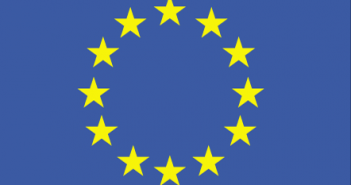
On Feb. 7, 1992, the Treaty on European Union (also known as the Maastricht Treaty) was signed in Maastricht, the Netherlands, laying the groundwork for the formation of the European Union on Nov. 1, 1993.

On Jan. 31, 1950, President Harry Truman gave the Atomic Energy Commission permission to begin developing…
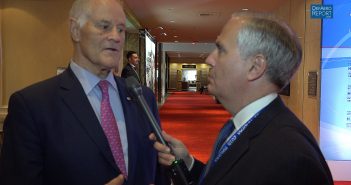
Bill Graham, Canada’s former defense and foreign minister who is now chancellor of Trinity College at the University of Toronto, discusses US-Canada relations and his new memoir, “Call of the World: A Political Memoir” with Defense & Aerospace Report Editor Vago Muradian. The interview was conducted late last year at the Halifax International Security Forum in Nova Scotia.
The Defense & Aerospace Report’s coverage of the Halifax International Security Forum is sponsored by Raytheon.
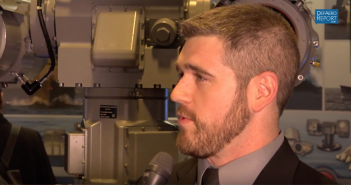
Joseph Fungaroli, vice president of business development at L3 KEO, discusses the new MK20 electro-optical sensor system that the company debuted at the Surface Navy Association’s 29th Surface Navy Symposium in Arlington, Virginia. The Defense & Aerospace Report’s #SNA2017 coverage is sponsored by Raytheon.
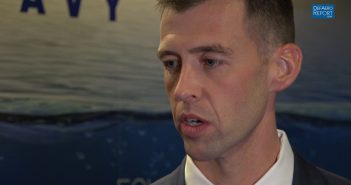
Troy Rutherford, director of cruise missile systems at Boeing Defense, Space & Security, discusses the company’s efforts to expand the range of the US Navy’s Harpoon Weapon System. The interview was conducted at the Surface Navy Association’s 2017 symposium and trade show Jan 10-12, 2017, in Arlington, Va. The Defense & Aerospace Report’s coverage of SNA is sponsored by Raytheon.
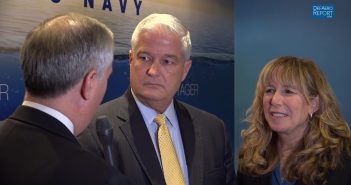
Kory Mathews, vice president for autonomous systems at Boeing Defense, Space & Security, and Suzanne McNamara, vice president for business development and strategy at Insitu, discuss autonomous systems, evolving capabilities and market strategy, with Defense & Aerospace Report Editor Vago Muradian during the 29th Surface Navy Symposium held in Arlington, Virginia.
The Defense & Aerospace Report’s #SNA2017 coverage is sponsored by Raytheon
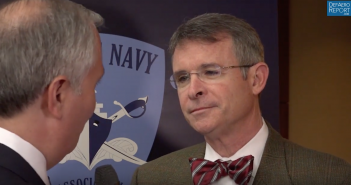
Bryan McGrath, a leading naval strategist and managing director of The Ferrybridge Group consultancy, discusses US Navy priorities for the incoming Trump administration, fleet size, distributed lethality & future naval warfare with Defense & Aerospace Report Editor Vago Muradian. The interview was conducted Jan. 12, 2017 at the Surface Navy Association’s 2017 symposium and tradeshow in Arlington, Va. The Defense & Aerospace Report’s coverage of the SNA conference is sponsored by Raytheon.
